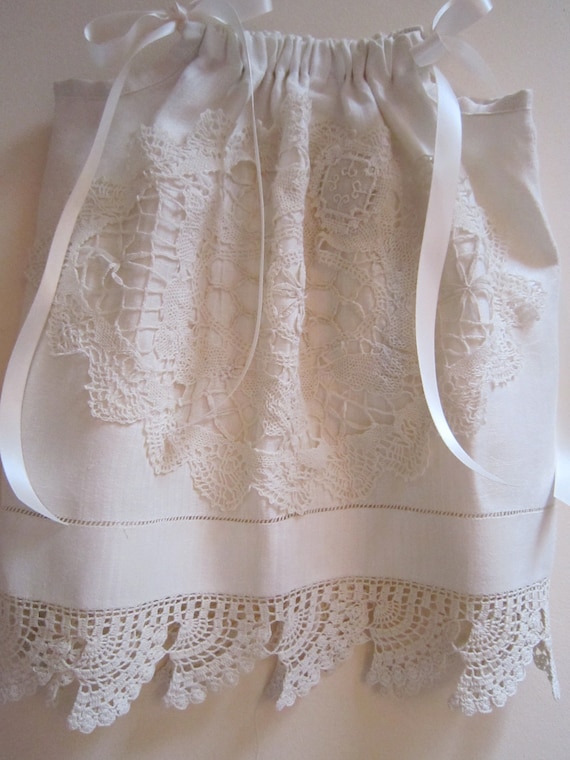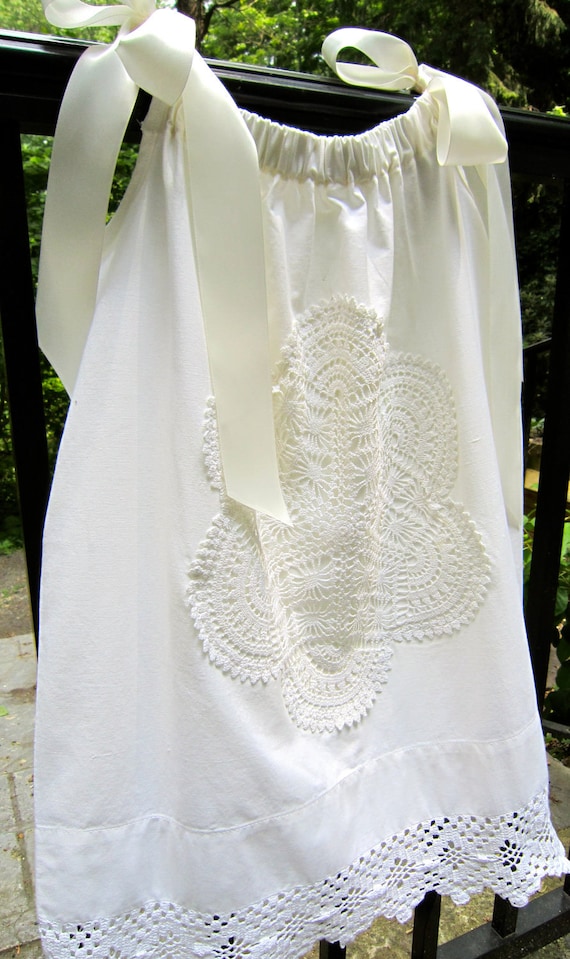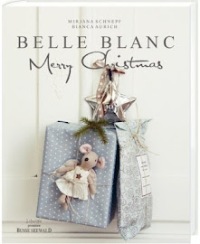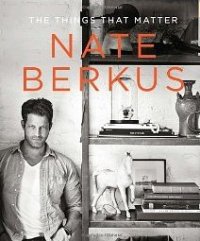Sew Sweet. What a delightful name! Meet my newest advertiser, Linda Bloom, and learn more about her darling handmade treasures from vintage and antique linen and lace for babies and small children. She also sells dainty Limoges china and other glassware.
She's an RN, working in a Pennsylvania hospital for 18 years, presently in the Critical Care/Trauma Stepdown Unit. To top it off, she's a volunteer for Delaware Valley Golden Retriever Rescue and is a certified Canine Massage Therapist. Sewing is a stress-breaker for her.
From Linda's Etsy bio:
Both of my grandmothers sewed on treadle machines. My grandmother taught my mother and she taught me. I do heirloom sewing, embroidery, repurposing old linens, and teddy bears. I love lace, ruffles, roses, growing things, reading, and my three dogs (Marley, Sunny, and Cassie -- all rescues). And chocolate.
Looking at your Etsy site, I can see you love babies and children. Even your name ‘Sew Sweet’ reflects your product line. How does your love of infants help or hinder your work?
I made my daughter Aimee's clothes when she was little. I love dressing up little girls - all the ruffles and lace. Aimee had a lot of outfits, and making them myself, I was able to “fancy them up.” Good thing I
didn’t have a boy! I’ve been making teddy bears for about twenty years - for big girls, as well as little ones…even boys can enjoy a teddy!
I love your baby gowns from old linen. Do you have a design in mind when you start? Or, do you ‘listen to the linen’ and see what happens when you work with it?
That’s a great way to put it! I do “listen to the linen.” I spread everything out on my big table and just keep switching everything around, adding and subtracting until I get a design that I would make for my own child. I get a picture of a baby wearing the dress, maybe with little white sandals and a hair bow, then I start sewing. I don’t cut into perfect (whole) linens. I use them for my pillowcase dresses. Less than perfect linens can be layered, perhaps on a wedding apron, or a stain can be cut so the piece fits around a pocket.
I can’t pin down an era that’s influenced you…I see a little Edwardian, a little mid-20th century, but your creations are unique to me. Are you inspired by a particular era?
I’m a little bit of each. I like the Victorian era, but not the heavy, dark colors. A big influence was a book by Sarah Howard Stone called French Handsewing. In the southern states, children were (and sometimes still are) dressed in lacy, white, embroidered batiste dresses, diaper shirts, and “bubbles.” It was all done by hand, even the seams were “rolled and whipped.” I taught myself from her book. Now, French handsewing can be done by machine. The new machines have a library of “heirloom stitches,” as well as special attachments for sewing lace-to-lace, gathering ruffles, and making entredeux (a stitch for binding delicate ‘like with like’ fabric). I also love Sew Beautiful magazine by Martha Pullen which publishes lessons in this work on machine. I’m working on a line of baby sacques (a sweater or jacket fastened at the neck) which will have my hand embroidery combined with machine construction.
What is a layette?
Traditionally, a woman made a hand-sewn collection of tiny clothes and accessories during her pregnancy. She could show off her fancy needlework skills making little things for her baby. Today, the layette refers to
clothing, blankets, bonnets and accessories for the newborn.
The items on my site are one-of-a-kind, but I am also able to do custom orders that are similar. The laces and fabrics would be different, but the basic design would be the same. I have several convos (Etsy conversations) going right now concerning flower girl’s dresses.
How would a buyer care for linens and clothing purchased at Sew Sweet?
Although my fabrics and linens are machine-washed before I construct them, I would hand-wash items made with vintage fabrics and hang or spread them out to dry on a towel. Since they didn’t have permanent press in grandma’s time, they have to be ironed. (Sorry!) Never wrap them in plastic. If they are folded in a chest or drawer, refold from time to time. Wear and enjoy them, and pass them on to your daughters.
Very closely related to children’s clothes are toys, and you have such adorable handmade teddy bears. I can only sew straight lines and I don’t do it without clogging up the sewing machine and expletives. How long did it take for you to learn how to do this?
I don’t make my bears on the machine, I hand-sew each one using a lock-stitch I learned in a “bear class.” I have taken several classes and combined the techniques I liked best. The latest class was from Ted Menten, who has written several books, as well as the Teddy Bear Calendar. He taught me to design my bear patterns and how to get different expressions by placement and size of ears, nose and eyes. My patterns are my own design, although influenced by the Steiff bears.
Your teddies have such a sweet expression. I know you love animals. Do you think your love of animals helps to get a ‘soul right’ in a stuffie?
As soon as I put the eyes in, they start to acquire a personality and “come alive.” Every one is different, but I like them to look a bit saucy and mischievous. I also don’t know if I have a boy or girl until they are done.
Hand blown glass eyes and suede paws sound like luxury items, why do you use them on your teddy bears? What other materials do you use and why?
I use German mohair, which is selling upwards of $250/yard right now. If I’m going to take the time to hand sew a bear, I want the best materials. Some of my bears are twenty years old by now and have “grown up” with their owners. I want them to be life-long friends. I also put some of the mohair fabric inside the bear when stuffing it, in case repairs are needed in the future.
I want to carry on the tradition of fine handmade items in our present “throw away” society. People don’t realize that probably within the next generation these items won’t be available any more, because very few women are doing this work. I want to honor the women who created this artistry with their hands, needles, and hooks. It will soon be lost. I would urge anyone who loves fine vintage work to learn a few of these techniques; embroidery, crochet, or even bobbin lace, and pass the knowledge on to their daughters.
**************************************************************************
Until next time,
(and next time kicks off Vintage Video for the summer season!)
stay shabby!
Sharing with:
Show and Tell Friday at My Romantic Home
Vintage Inspiration Friday at Common Ground


















































.jpg)




















































